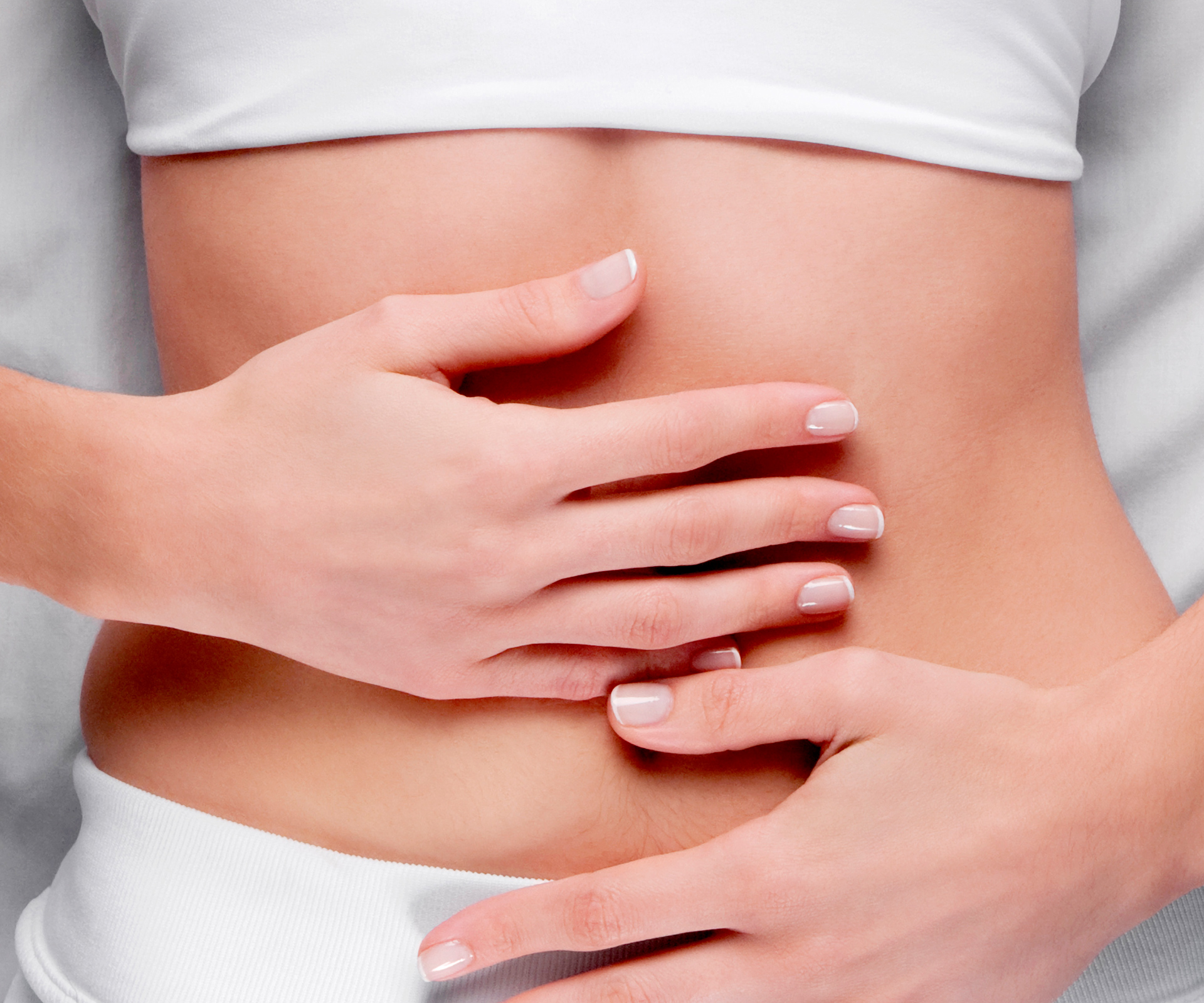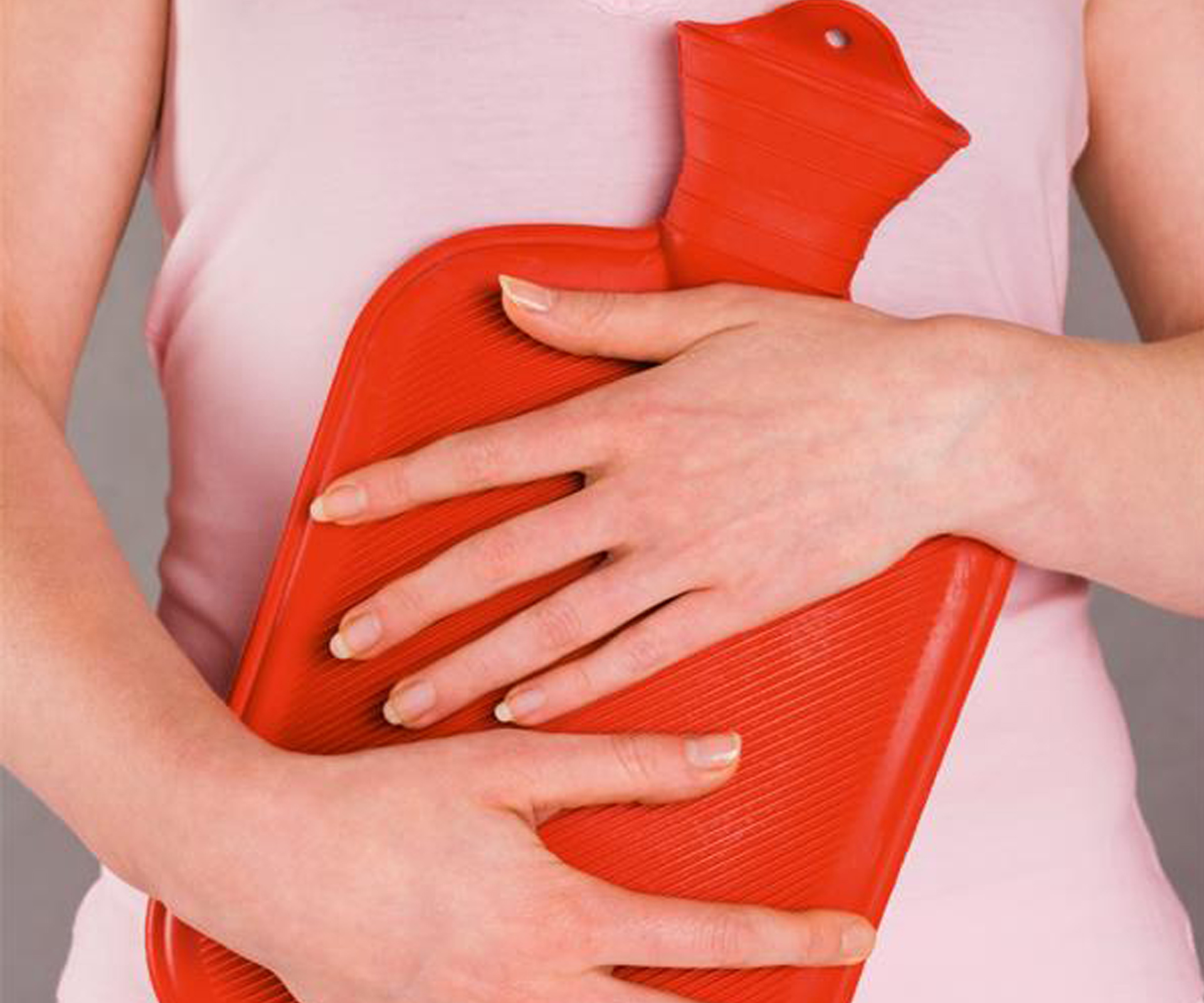Endometriosis is a common inflammatory disease which affects 1 in 10 Kiwi women and their quality of life.
While many of us know that the disease can cause severe period and pelvic pain, along with sub-fertility or infertility – there is a lot of confusion surrounding what endometriosis actually is, the symptoms and diagnosis.
We sat down with Deborah Bush, Chief Executive of Endometriosis New Zealand to clear up the facts about living with endometriosis.
What is endometriosis?
Endometriosis is a common gynaecological inflammatory condition where tissue similar to the lining of the uterus is found outside the uterus.
What do people need to know about endometriosis?
Periods and or pelvic pain which cause distress and / or interfere with your quality of life are not normal and require investigation.
What are the symptoms of endometriosis?
Painful periods, bloating, diarrhoea with a period, painful bowel movements, lower back pain, sub-fertility, low energy, pain at other times of the month (like with ovulation), abnormal menstrual bleeding, pain with sexual intercourse.
How is endometriosis diagnosed?
A doctor may suspect you have endometriosis based on your medical history and symptoms. A physical examination is often performed and scans, blood tests and other investigations may be recommended.
These tests do not diagnose endometriosis but can be useful in determining treatment and next steps.
Endometriosis can only be definitely diagnosed by viewing the pelvic cavity at laparoscopy (key hole surgery).
This is done in hospital under general anaesthetic and is best performed by a gynaecologist with expertise in treating endometriosis.
The endometriosis should be removed (excised or resected) and is sent to the lab for confirmation (histology).

How can endometriosis affect fertility?
Sometimes having endometriosis can make getting pregnant harder. It’s often said that endometriosis can compromise fertility in some women though the reason is not always clear. Fertility may be affected if the pelvic organs are distorted or damaged with adhesions or endometriosis which has infiltrated pelvic tissue or the ovaries
How would you define a normal period?
Periods should not interfere with your lifestyle or everyday function. Discomfort is often normal with a period and the pain or symptoms subside with simple ‘over the counter’ pain relief medication or exercise or other activity. A normal period lasts 3 to 5 days with a heavier flow experienced on the first day or two.
At what point should women seek help with painful periods?
A girl or woman should seek help if her symptoms stray from the norm and have been experienced over several months. A girl’s first few menstrual periods can be irregular or lighter / heavier than normal

When can endometriosis start?
The symptoms of endometriosis can start from a girl’s first menstrual period or commonly in her teen years. Endometriosis should be suspected if her symptoms stack up and there is a family history of the condition.
However, endometriosis is a bit of an enigma, as symptoms may not be experienced until she is in her 20s or 30s or after having children. There are no hard and fast rules when it begins.
Commonly, girls and women think their symptoms are normal particularly if Mum or someone in the family suffered similarly.
How can you treat endometriosis?
Treatment depends on a girl or woman’s age, her fertility, and her preference. Generally, hormonal treatments (like Oral Contraceptive Pills) may be offered as a first line treatment especially for young women.
Simple pain relief like NSAIDS (anti-inflammatory drugs) often work well. However, laparoscopic surgery to excise (also called resect or remove) the endometriosis is evidence based best practice.
Sometimes a Mirena may be fitted at the same time (or the smaller version for younger women called the Jaydess) is offered to stop or minimise periods.
When symptoms have become persistent or chronic, a multi-disciplinary approach is recommended and this includes best surgery, a medical management plan if appropriate and other therapies like pelvic physiotherapy, dietary changes (to control bowel symptoms), exercise and psychological help.
What are some common myths and misconceptions about endometriosis?
There are so many! Statements like the following are all incorrect but are commonly heard:
– “You’re too young to have endometriosis”
– “Girls don’t get endometriosis”
– “It’s a white middle class condition”
– “All the women in our family have bad periods. You need to suck it up and get on with things”
– “A hysterectomy will cure the endometriosis”
– “Get pregnant – that will cure it”
– “You are infertile if you have endometriosis”
– “Endometriosis is cancer”
– “Endometriosis is a new disease”
– “I’m taking the pill and my symptoms have gone, therefore my endometriosis has gone too.”
– “The endo diet cures endo”
Who can get endometriosis?
Endometriosis doesn’t discriminate. It affects 1 in 10 or 120,000 New Zealand girls and women from all races, cultures and socio-economic backgrounds.
For more information about endometriosis go to Endometriosis New Zealand or talk to your GP.




